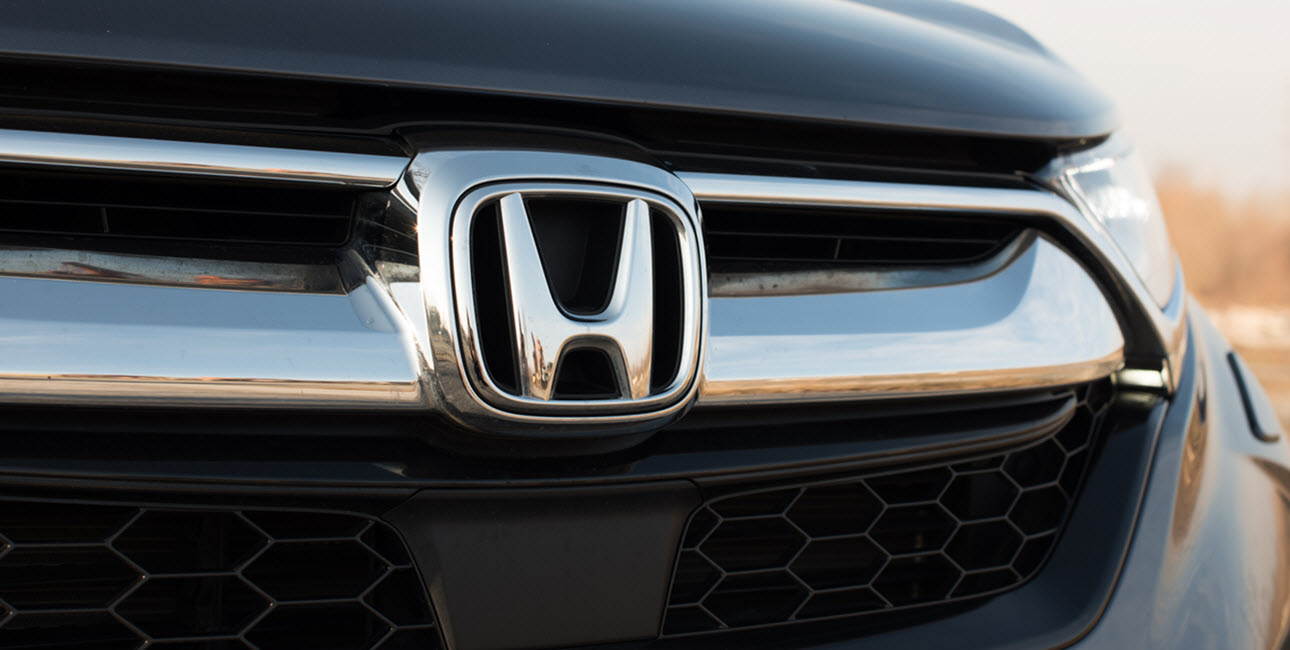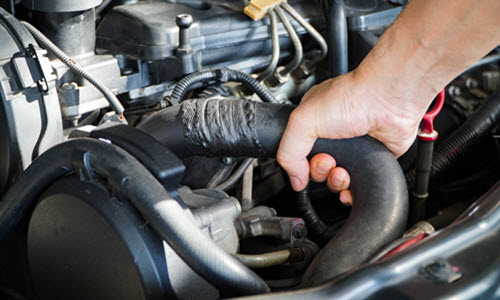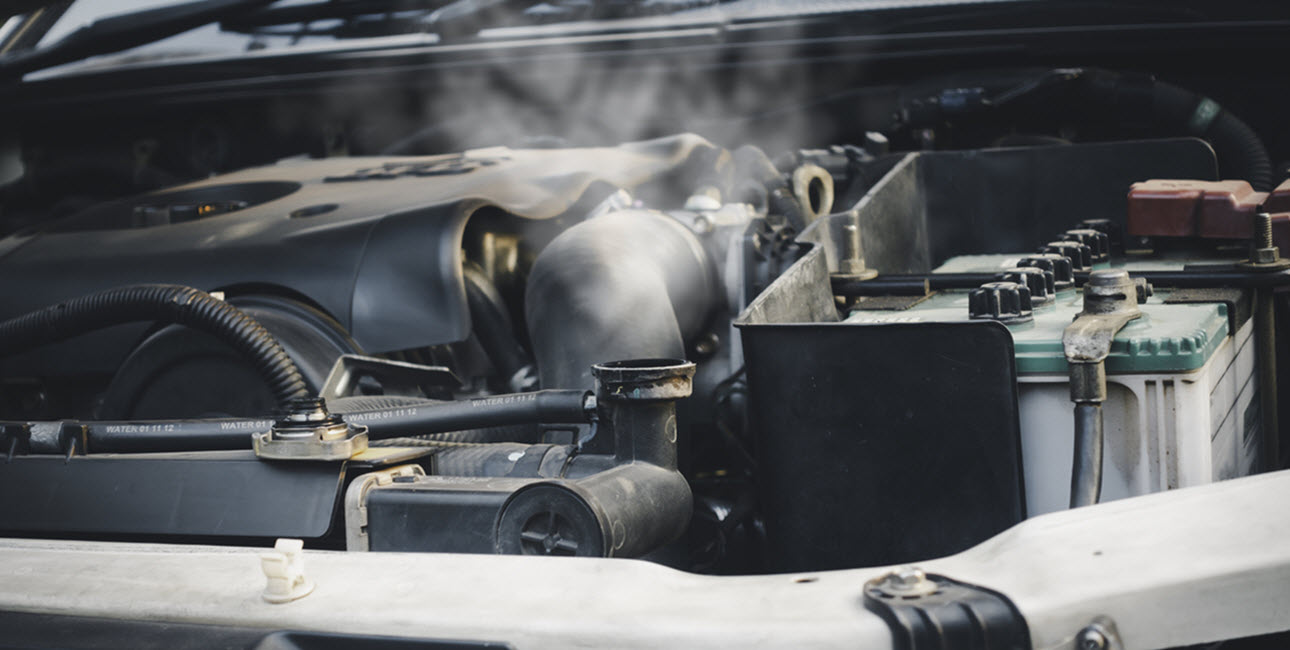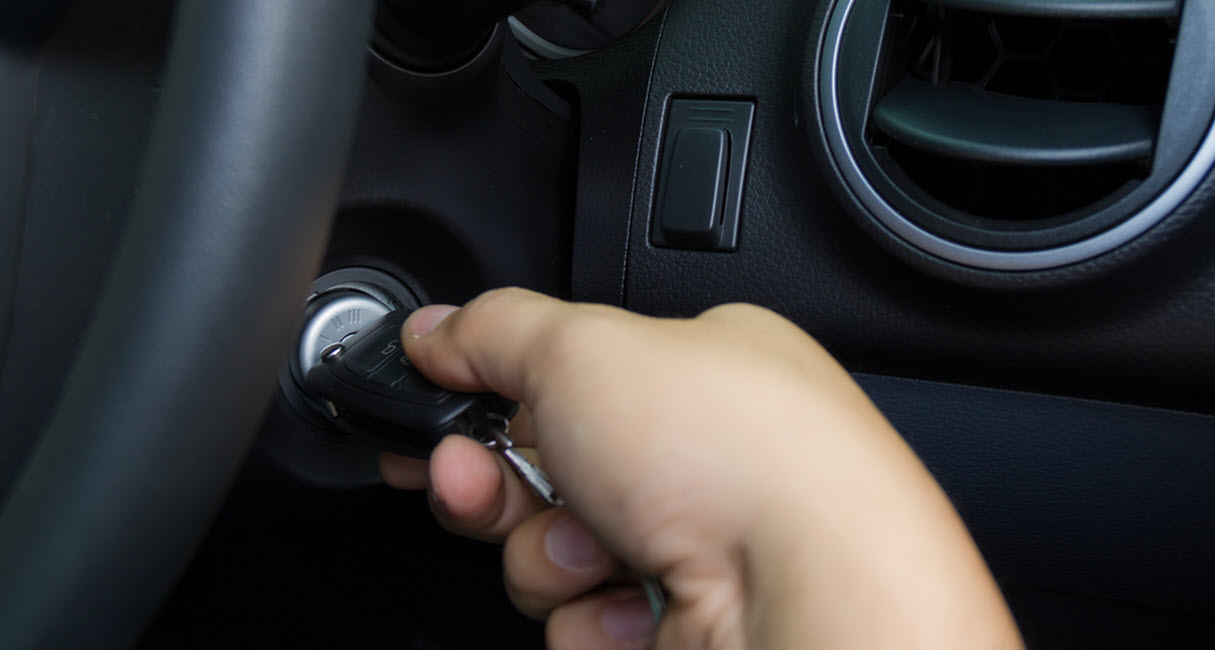
How to Deal with an Unrefined Diesel Engine in Your Honda
The term “unrefined” refers to an engine that has not been upgraded or is not equipped with the most up-to-date technology. Honda made Civics with diesel engines until 2003. Refined engines may last a little longer, but old manufactured engines can last a reasonable amount of time if properly maintained and serviced regularly.
There are various reasons why Honda created a diesel-powered Civic for the U.S., including improved fuel economy, lower emissions, and fewer and less frequent maintenance inspections. However, diesel engine maintenance is necessary if you want to keep your diesel Honda with an unrefined engine running newer for a prolonged period.
Clean the engine regularly
Diesel engines have a longer life expectancy than gasoline engines; thus, they may benefit from more frequent cleaning. When a vehicle travels longer distances and does more complex jobs, dirt and dust have more chances to accumulate on its engine.
Dirt accumulates on your engine’s components, shortening their lifespan and perhaps reducing fuel efficiency. Moreover, during winters, your engine’s pieces and parts may wear quicker, resulting from contact with road salt, which intensifies corrosion and rust. It would be best to get the engine cleaned by professionals timely.
Make sure your air filter is clean
The air filter is positioned under the hood in a rectangular cold air collector box towards the front of the engine compartment on most cars, including diesel. A clogged filter might cause your engine to “choke,” requiring it to use more gasoline to achieve the power and acceleration you require. If you experience less engine power, poorer acceleration, or higher engine wear, you should replace your air filter every 12,000 miles or get it checked out by experts.
Make sure your engine’s radiator is in good working order
A radiator transfers heat from the engine to the air, which helps to remove excess heat from the engine. The antifreeze or coolant “picks up” heat as it flows through the engine. The hot coolant returns to the radiator, dissipating heat into the atmosphere. The newly cooled antifreeze then returns to the engine, completing the cycle.
Because diesel engines operate hotter than gasoline engines, their radiators are exposed to higher temperatures, contributing to overheating. Overheating can deform engine components, including cylinders and gasket seals, resulting in a potentially irreversible engine failure. Regular coolant or radiator replacement, as well as proper cooling system maintenance, are excellent ways to keep your diesel engine from overheating.
Get the fuel filters replaced after a certain period
Because diesel fuel absorbs more water from condensation in the tank due to its less refined nature, many manufacturers design diesel engines with two fuel filters. A primary fuel filter is located between the gas tank and the engine. A secondary filter is located between the transfer pump and the fuel injectors on most diesel engines. When there are water particles in diesel, you may notice a drop in horsepower, your engine may stall, and your fuel injectors may burst if the problem is ignored for an extended period.
Engine oil needs to be replaced regularly
The engine oil lubricates all moving parts thoroughly, resulting in slight wear and tear. Dust, trash, and sediments are also retained, keeping them out of regions where they shouldn’t be. You should check your oil levels once a month and, if necessary, top them up at a service centre. Similarly, the oil filter is critical because it eliminates all junk from the oil and prevents it from being recirculated back into the engine. It is critical to clean it regularly.
Keep an eye for leaks
If the fuel is leaking, you should visit a professional auto repair centre and get it checked right away. Also, look out for engine oil and antifreeze fluid leaks.
Replace the rubber belts
Rubber belts are crucial links that keep everything tuned when an engine is running. It’s time to replace your belts if you hear a screech from under the hood or if you notice cracks in them. Because if they break while the engine is operating, the engine will be severely damaged.
The check engine light should not be ignored
This light is your car’s subliminal plea for assistance. Never ignore this and have your car evaluated by a local repair right away. The check engine light is a self-diagnosis system designed to keep your engine safe. It’s not always serious, but you’ll never understand unless you have it inspected by technicians.
Spark plugs and wires must be replaced
The spark plug is used to start a fire. It ignites the air-fuel mixture in the cylinders and requires little maintenance due to its long lifespan. However, changing them after a set period is preferable because they wear out over time. As much soot accumulates around the electrode over time, a little cleaning might go a long way.
Franklin Automotive Will Take Care of Your Unrefined Diesel Engine
If your Honda has an unrefined diesel engine, no worries, as we have got you covered  there. Your Honda car will work just like any new engine model with our regular servicing. Sticking to the maintenance regimen recommended for your make and model is the best way to protect your investment and enjoy the performance of your car.
there. Your Honda car will work just like any new engine model with our regular servicing. Sticking to the maintenance regimen recommended for your make and model is the best way to protect your investment and enjoy the performance of your car.
The team at Franklin Automotive has been providing expert-level services using latest factory grade equipment, to drivers from Birmingham and surrounding areas like Hoover, Homewood, Vestavia, Mountain Brook, Pelham, and Trussville since 1992.
At Franklin Automotive, our ASE certified mechanics provide high-quality services & repairs. If your Import is due for service, we assure you that you will receive a satisfactory experience at our centre.
Please call us at (205) 969-2886 or visit our shop today at 2880 Acton Road, Birmingham, AL 35243 to schedule an appointment or learn more. And our friendly, knowledgeable staff will help you.
* Honda Car image credit goes to: Domagoj.
 2880 Acton Road,
2880 Acton Road,





